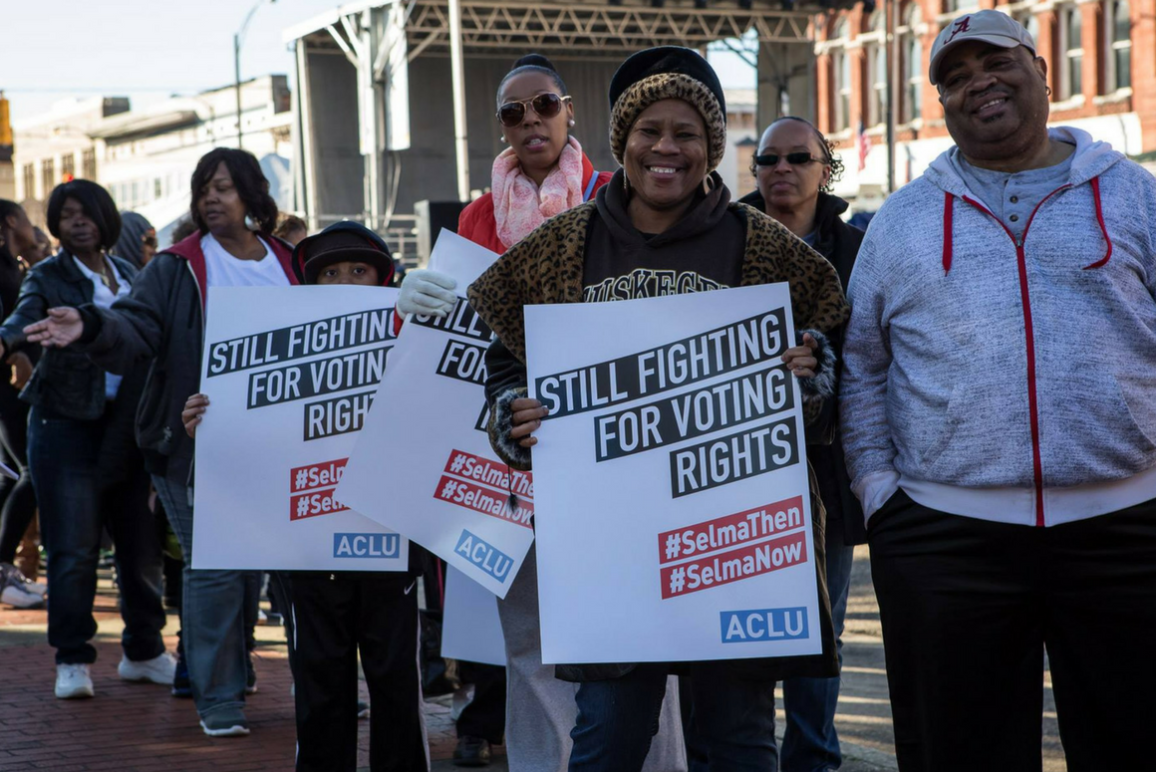
Florida clemency board approves automatic restoration of felons’ civil rights
(ATLANTA, GA) Exclusive: Gov. Ron DeSantis and the Florida Cabinet approved major changes to the state’s clemency process on Wednesday that automatically restore the right to hold office and serve on a jury for Floridians with felony convictions who have completed their sentence and paid off their court debts.

The changes, proposed by DeSantis on Tuesday, also remove a minimum five-year waiting period for those with felony convictions to apply to have their rights restored, eliminating a measure imposed by Gov. Rick Scott a decade ago.
“I believe that those who have had their voting rights restored, it makes sense to restore the other civil rights,” DeSantis said Wednesday.
The changes were long sought by civil rights advocates, including the Florida Rights Restoration Coalition, which led the successful 2018 change to the Florida Constitution known as Amendment 4. That amendment, which DeSantis opposed, restored the right to vote to nearly all felons who completed “all terms” of their sentence, wiping out a Jim Crow-era law meant to keep Black Floridians off the voter rolls.

But like Amendment 4, Wednesday’s changes have a major catch: People with felonies must still pay all court fees, fines and restitution to victims before having their rights automatically restored. That’s the majority of people with felony convictions in the state, who are often saddled with hundreds or thousands of dollars in court user fees that they will never be able to repay.

Those with court debts can still petition the clemency board to have their rights restored, however. The move was praised by the Rights Restoration Coalition, whose deputy director, Neil Volz, told DeSantis and the Cabinet on Wednesday that those whose civil rights are restored are three times less likely to reoffend, according to state data.

“We think that’s not only good for returning citizens, we know that’s good for the entire state,” Volz said. The changes proposed by DeSantis are a rejection of the decade-old policies imposed by Scott and former Attorney General Pam Bondi. In Florida, a felony conviction loses you the right to vote, serve on a jury, run for office and own or possess a firearm. Restoring those rights is up to the governor. Gov. Charlie Crist used his authority to restore the right to vote to more than 100,000 people during his tenure, but Scott immediately stopped the policy when he took office in 2011. Scott also required people to wait at least five years after their sentence before applying.


